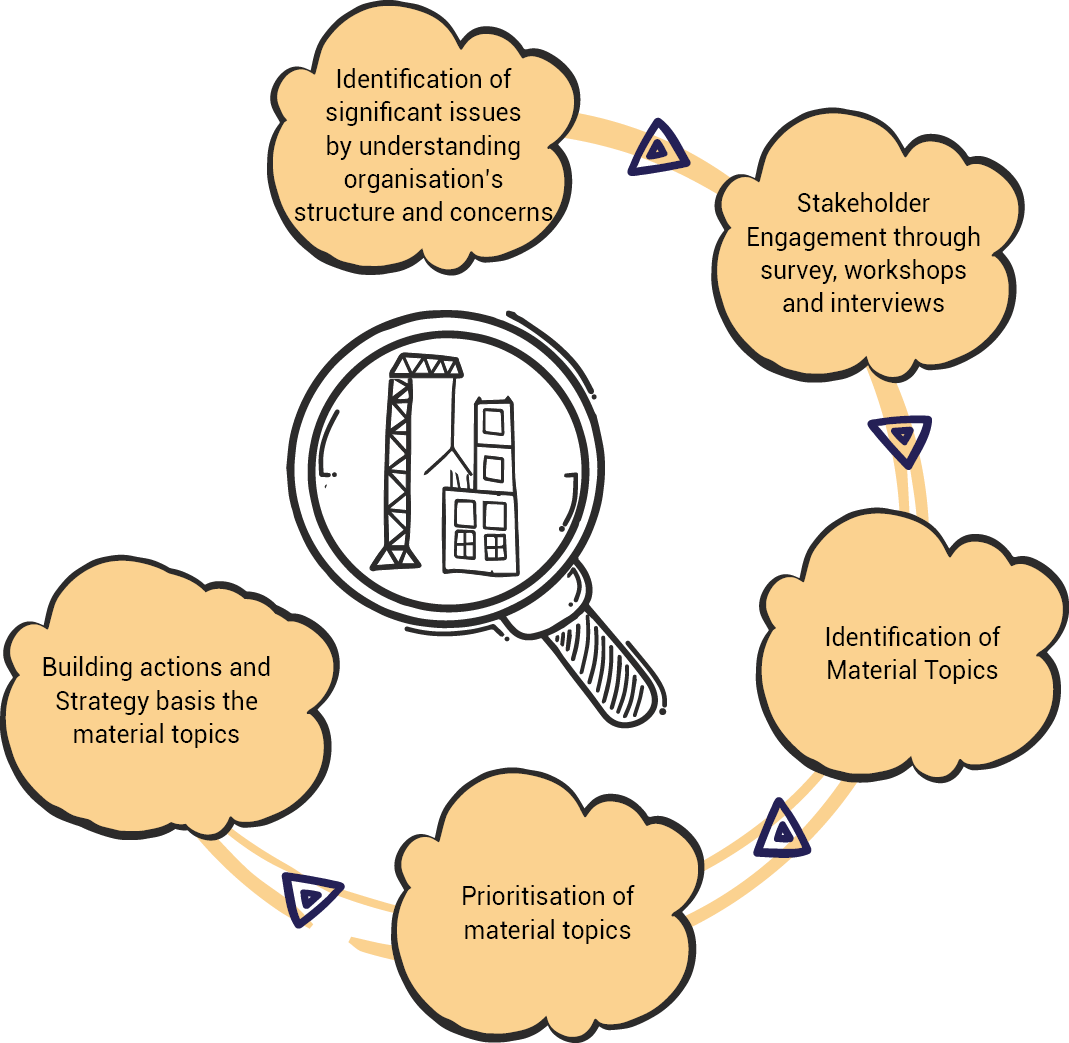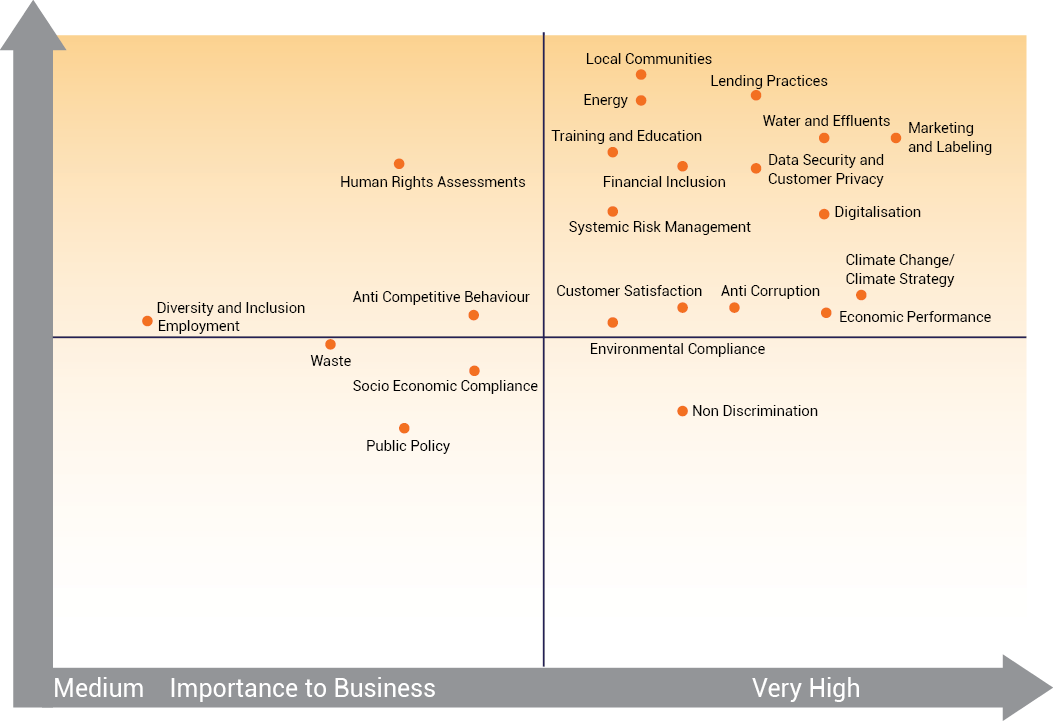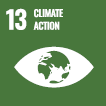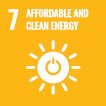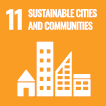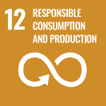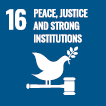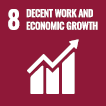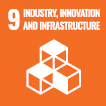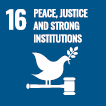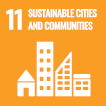-
Corporate Overview

- About this Report
- Solid. Smart. Sustainable.
- On a Solid Footing
- Smart Solutions
- Sustainable Housing - The Big Shift
- Letter form the Chairman
- Strategic Overview from the CEO's Perspective
- Customer Testimonials that Speak of Our solid Foundation
- Financial Performance that is Solid, Smart and Sustainable
- Digital Technology Enhancing Productivity
- India's Smart Future of Financing Co-lending
- Applying Data Analytics
- IIFL Home Finance - Aligned to Government Initiatives
- Environment, Social, Governance (ESG)
- Environmental Responsibility
- Supporting Local Communities
- Education and Development
- Creating Livelihood and Financial Inclusion
- Fostering Human Capital
- Corporate Governance
- Meteriality Assessment and Key Topics Raised
- Risk manangement Framework
-
Statutory Reports

-
Financial Statements


